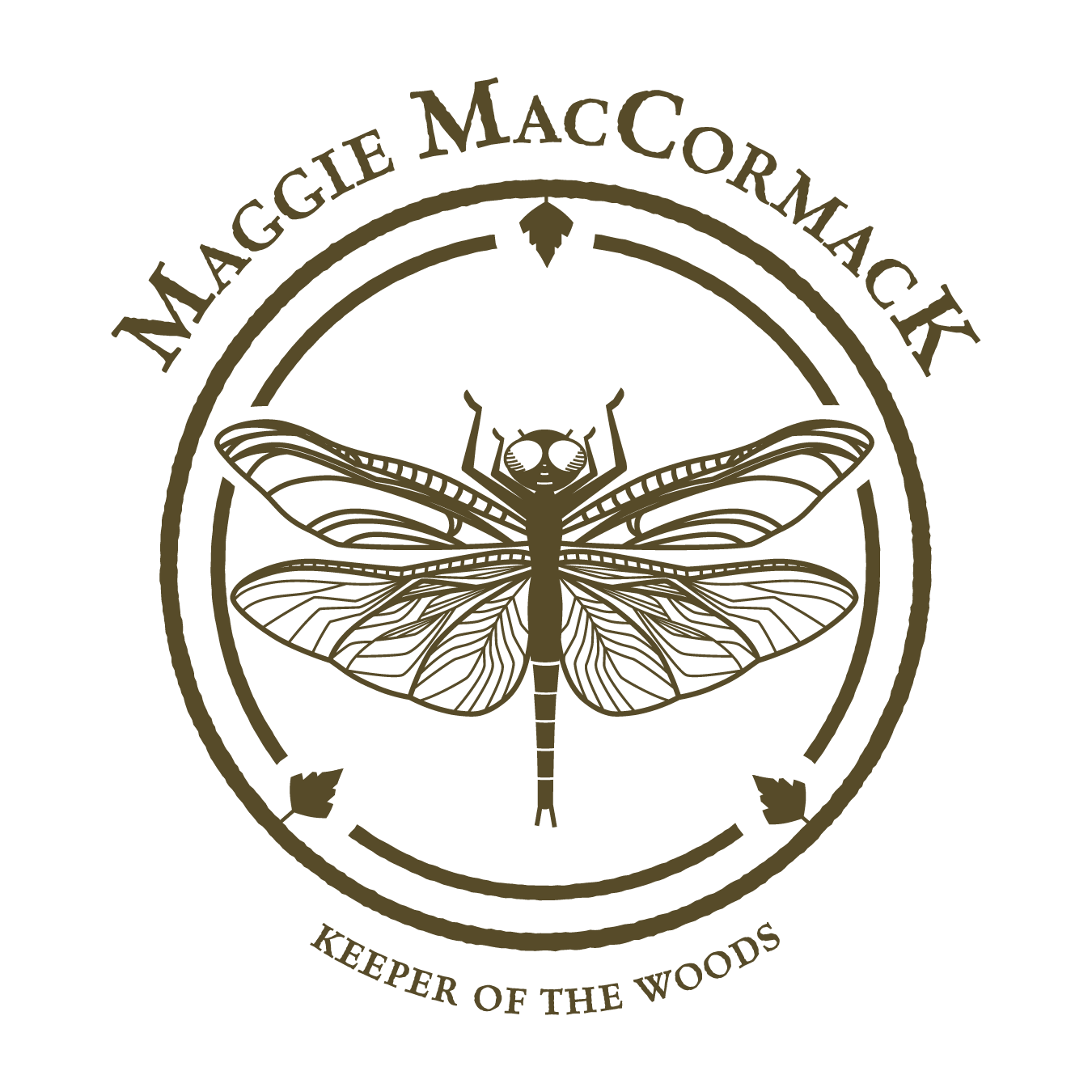Writers can get attached to their syntax and feel that their way of writing the world is better than possible alternatives, simply because that writing is theirs. Often that does not turn out to best serve the author’s work.
I cannot emphasize enough how important it is for a writer to foster a good relationship with their editor. Every writer needs an editor. It doesn’t matter how smart you are, or how technically proficient a writer you are; you need that independent set of eyes looking to see not only that the technical aspects of the author’s work are strong but that the author’s best intentions will emerge in the writing, and the rest will fall away in the editing process.
I worked with one editor through the writing of Maggie MacCormack and the Witches’ Wheel. If I have my way, I will work with this one editor on every project for the rest of my creative life. There is trust, engagement, laughter and honesty in our working relationship. We are also close friends outside of work.
My editor also understands the genre of the material I write – and that’s important. A proofreader can go through any natural-language text, but an editor must be able to offer you constructive criticism based on the material you write. If they don’t enjoy your work, or the genre in which you’ve chosen to write, chances are you will not find the relationship fruitful. You may get structural advice but, often, you won’t get a very interesting response to your story.
In your editor, seek out a creative partner that can challenge you, without coddling you with words you want to hear. Sugar is more palatable than vinegar, but a bit of vinegar does help to remove the mold that builds up in your work.
Even when a portion of my work is scored through, I don’t pout, I don’t dismiss my editor’s opinion. I review his notes. Sometimes, I feel my initial content and structure bring something essential to the story, and I feel my original text supersedes his suggested changes. In those instances, I call my editor and we talk, or we go for a coffee. Together, we find the most fitting solution for the sake of the story. Certainly, editors can miss, misjudge or misunderstand an author’s initiatives. A good editor, like mine, will listen and review their own responses to an author’s work.
Many times, though, my work came back with no changes, or with very few.
It is also important to note that a writer should never feel that their voice is lost in the editing process. Editors are trained to recognize good writing. They will not tamper with material that makes their job easier; instead, they will leave it alone. A good editor is like a good barber, they can clean you up and make you more presentable; but if a writer’s work is not engaging to begin with no amount of spit and polish can make it more attractive to the public.
The creative endeavour does not have to be a battleground of egos, a field of frustrations and a sea of suffering. I reject the idea that you must suffer in that way for your art. There will be enough pain in the journey of living and in crafting the text of your experiences that there is no need to court more.
Maggie MacCormack and the Witches’ Wheel came in at around 490 pages. There was a lot of laughter during the making of this novel and a lot of intense focus and discipline. Never once did my editor and I argue. Instead we treated each other with respect and listened to what we each had to say. We shared the same goal: to create an exciting, creative, enjoyable work of fiction.

